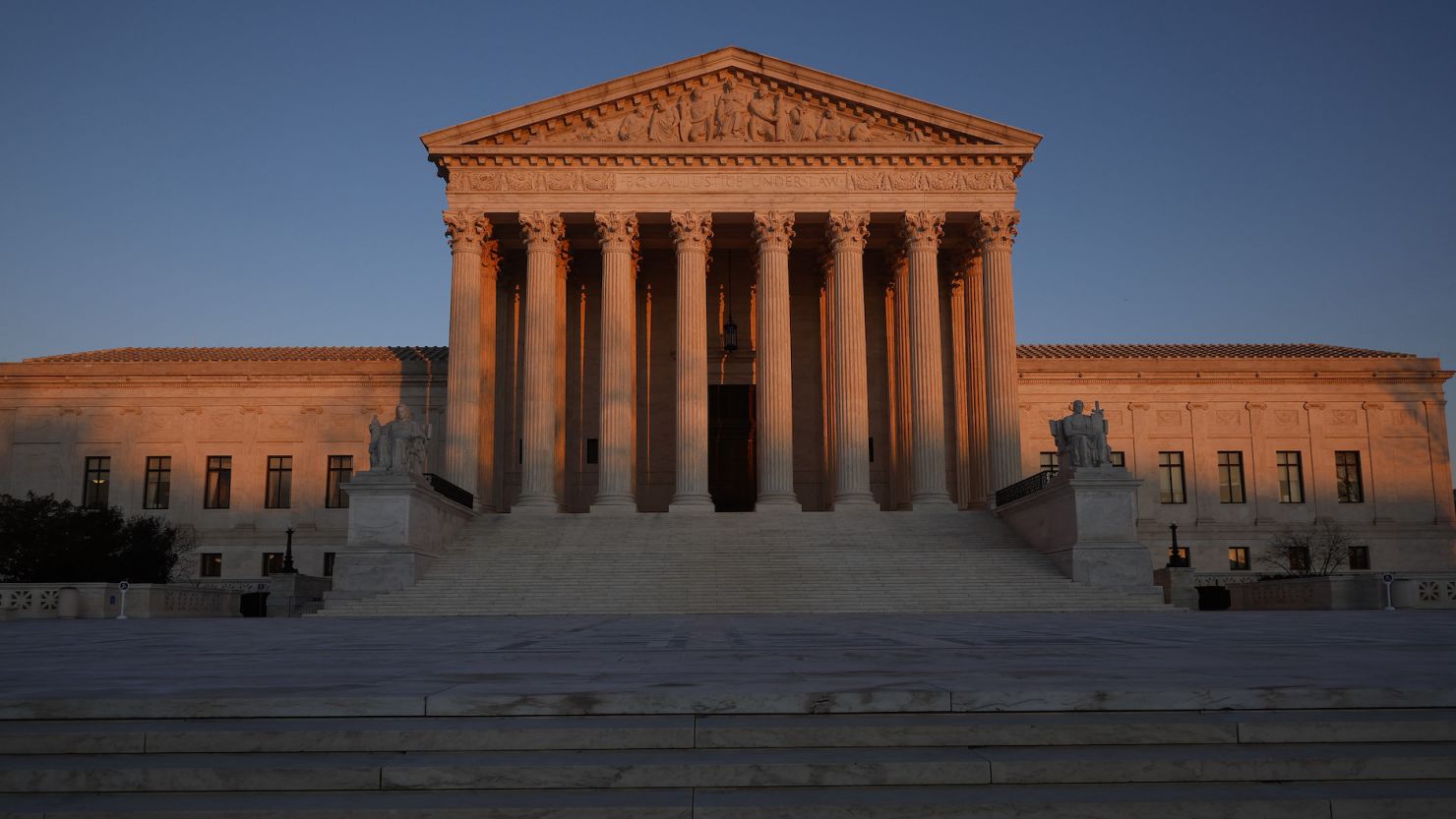The Supreme Court declined on Monday to take up the appeal of a man from Louisiana who says he was denied the right to a fair trial when prosecutors called the assistant district attorney – who presented the case to the grand jury – to the witness stand.
Justice Sonia Sotomayor, joined by Justice Ketanji Brown Jackson, dissented from the court’s decision not to take up the case.
Jackson and Sotomayor also voted together in a separate dispute Monday concerning an appeal from an inmate. In her first opinion as a Supreme Court justice, Jackson dissented when the court declined to take up the case of a death row inmate seeking to challenge Ohio’s suppression of evidence. In that case, Sotomayor joined Jackson’s dissent from the court’s denial of certiorari.
In the Louisiana case, a state appeals court held that the defendant, Willard Anthony, who received a life sentence, was entitled to a new trial.
But when the case ultimately made its way back to the court – before a different panel of judges – Anthony lost. The court held that the evidence presented at trial supported Anthony’s conviction even without the testimony of the prosecutor, Assistant District Attorney Thomas Block.
Anthony’s lawyers told the Supreme Court in court papers that the prosecutorial testimony was “antithetical to the presumption of innocence and fair trial” and said that calling up Block “shattered norms.”
Sotomayor echoed those arguments in her dissent.
“The prosecutorial misconduct in this case is not only blatant and egregious, but a clear due process violation,” she wrote. She said she would have summarily reversed the lower court opinion. “Our criminal justice system holds prosecutors to a high standard,” she said, adding that the case presents “one of the most egregious instances of prosecutorial misconduct.”
District Attorney Paul D. Connick Jr. told the justices that Block had been called by trial prosecutors to rebut the “repeated insinuation” by Anthony’s lawyers that a state witness had been offered a deal for her testimony.
Anthony was convicted in 2015 on two counts of aggravated rape as well as human trafficking and other charges. During the testimony of Block, Anthony’s lawyer objected 16 times. They said Block was improperly offering his opinion about guilt and witness culpability.


